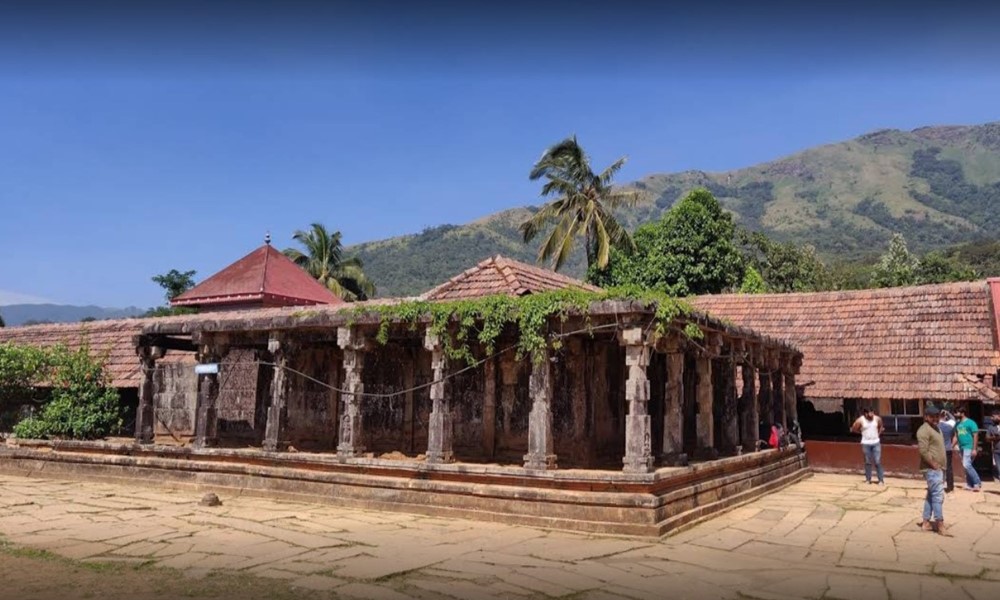

Nestled amidst the verdant Brahmagiri hills in Kerala lies the ancient Thirunelli Temple, a place of worship and pilgrimage that dates back over a thousand years. This temple is dedicated to Lord Vishnu and is a remarkable destination for tourists who seek a blend of spirituality, history, and natural beauty.
The history of tourism at Thirunelli Temple is as fascinating as the legend behind its inception. According to mythology, the temple was originally consecrated by Lord Brahma and its history is mentioned in various Hindu scriptures. For centuries, it has been an important religious site not just for local devotees but also for pilgrims from different parts of India.
The temple architecture, which reflects the ancient Kerala style, and its inscriptions point towards a rich cultural heritage, drawing the attention of historians and archaeologists alongside spiritual seekers. Over the years, Thirunelli Temple has become a prominent stop for those exploring the cultural landscape of Kerala.
In recent decades, there has been a significant increase in the number of visitors to Thirunelli Temple. The integration of spiritual and eco-tourism has played a pivotal role in its emerging popularity. Tourists are captivated not only by the temple's sanctity but also by the surrounding Wayanad Wildlife Sanctuary, making it a dual attraction for both pilgrims and nature enthusiasts.
The latest trends in tourism at Thirunelli Temple reflect a growing interest in sustainable and experience-based travel. Visitors often seek accommodation in eco-friendly resorts or homestays that promote cultural exchange and minimal environmental impact.
Wellness Tourism has also gained momentum, with people coming to rejuvenate in the tranquil environment of Wayanad. The temple's serene setting provides an ideal backdrop for meditation and spiritual healing practices.
Another trend is the increasing use of technology in enhancing the tourist experience. Virtual tours, online darshan bookings, and digital information desks are making access to the temple more convenient for distant devotees and international tourists with an interest in Indian spirituality and temple architecture.
As tourism continues to flourish, efforts are being made to preserve the sanctity and cleanliness of the temple and its environs. Community-driven initiatives for environmental conservation and maintenance of temple premises have been instrumental in ensuring that tourism does not detract from the spiritual ambience of the site.
In conclusion, Thirunelli Temple stands as a testament to the timeless allure of spiritual and nature-bound tourism in Kerala. Its continued draw for visitors is a hopeful sign for the sustainable future of pilgrimage and cultural exploration in India.